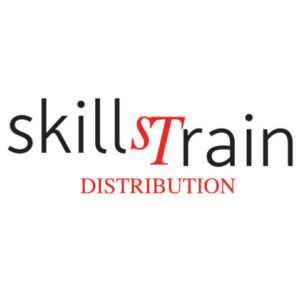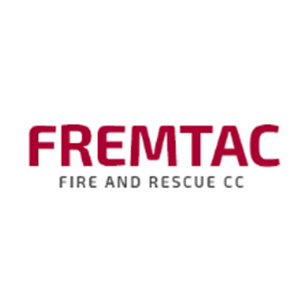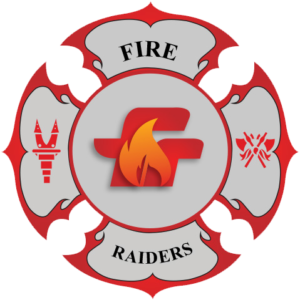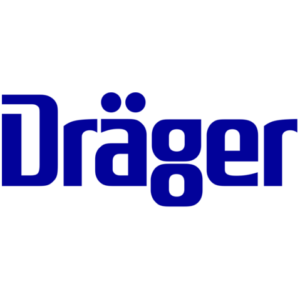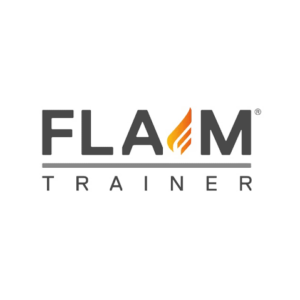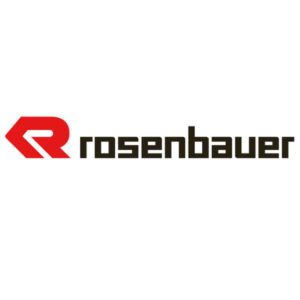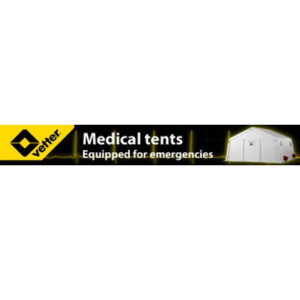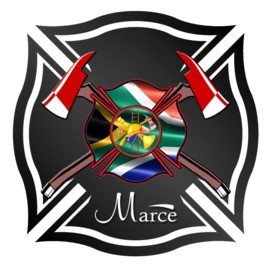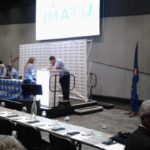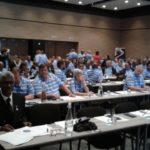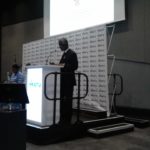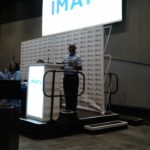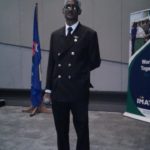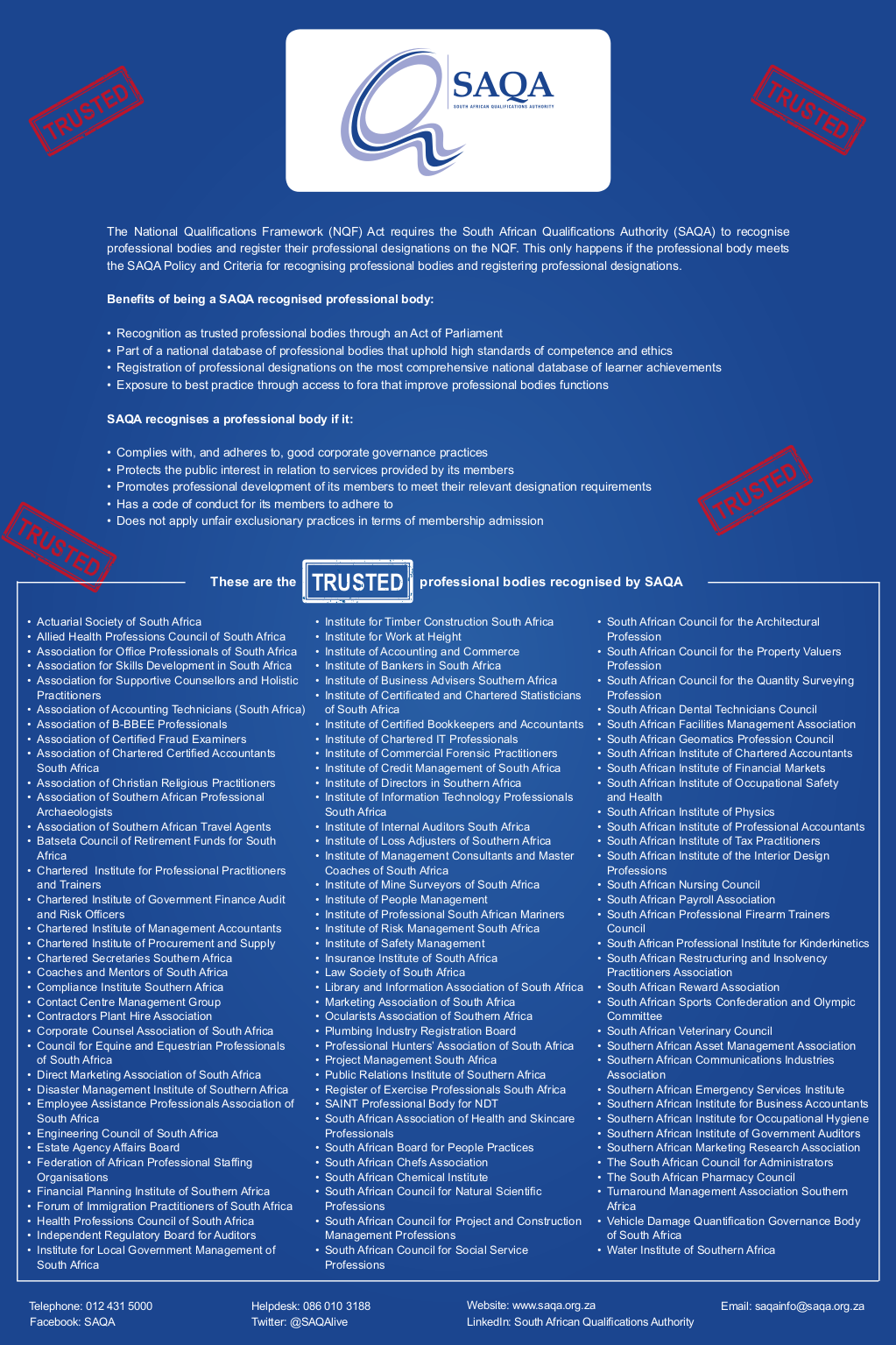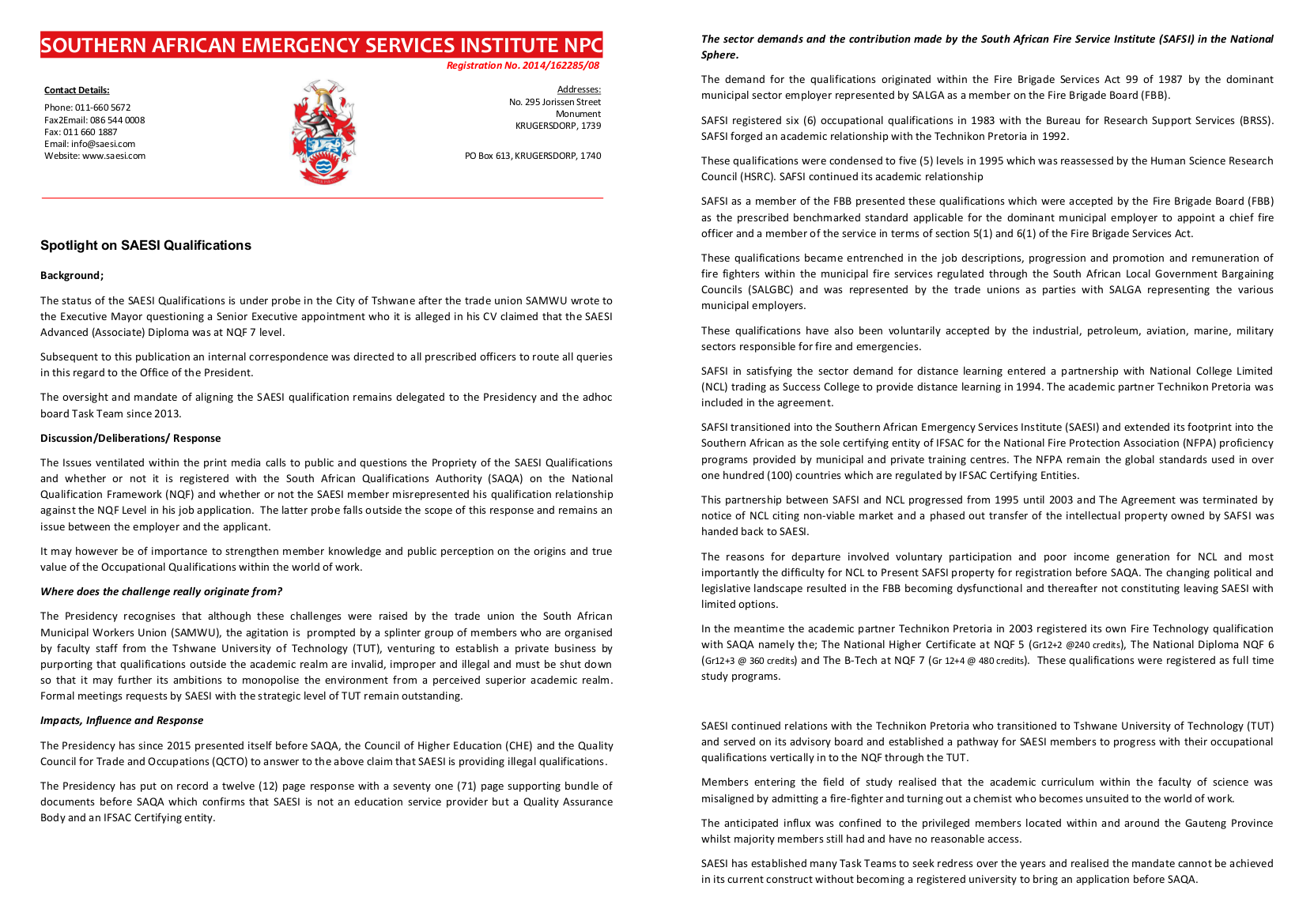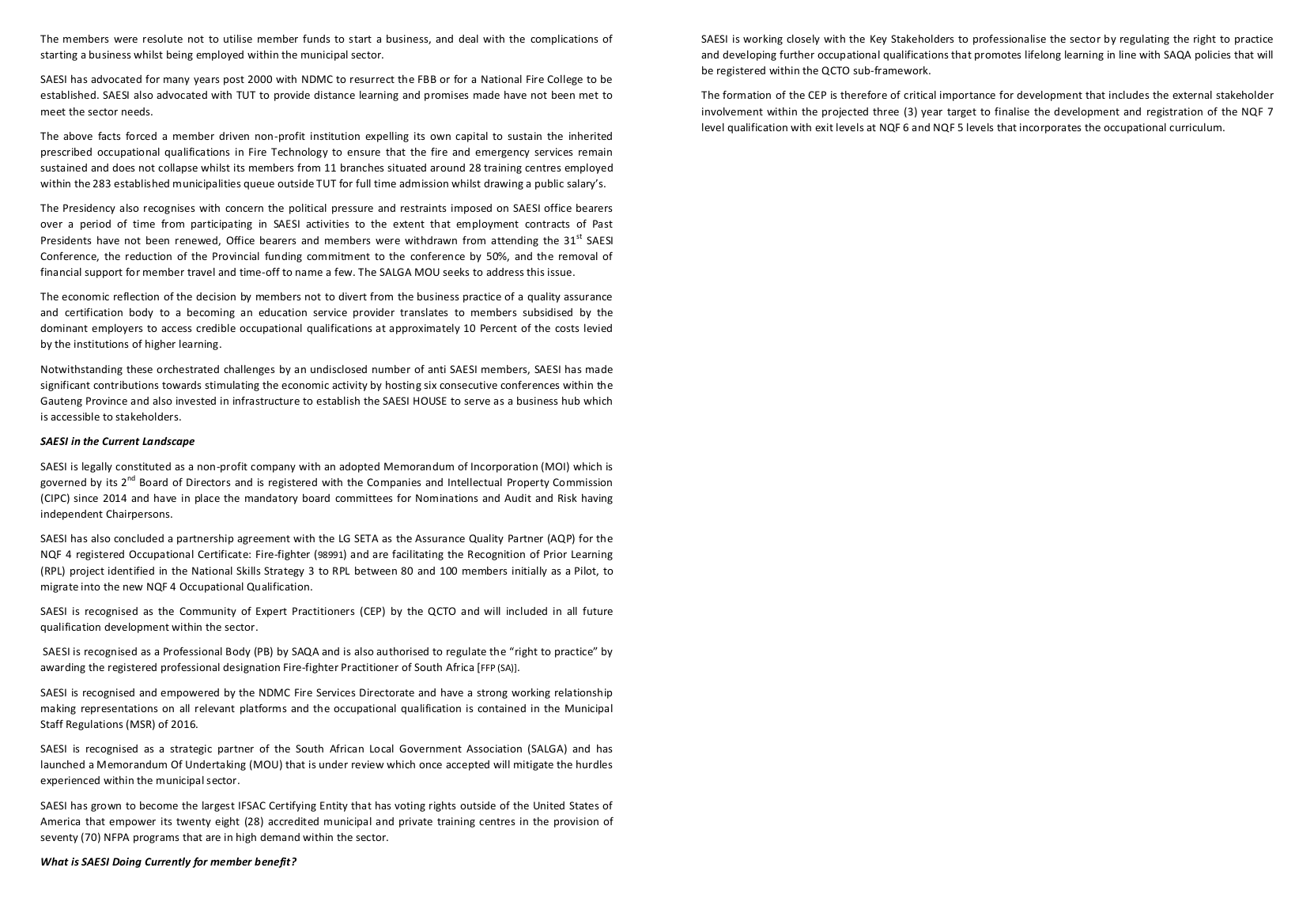The recent questions and challenges raised within the public domain regards illegal qualifications by a splinter group proclaiming itself a professional council is regrettably creating much uncertainty and confusion within the fire and emergency sector that has triggered representations of SAESI before the South African Qualifications Authority (SAQA), The Council of Higher Education (CHE) and the Quality Council for Trade and Occupancies (QCTO).
Following all of these fake news and engagements, SAESI within the South African context is recognised by SAQA as a trusted Professional Body and also recognised by the QCTO as the Assurance Quality Partner (AQP) of the Local Government Seta (LG Seta).
In the International context SAESI is a voting member of the International Fire Services Accreditation Congress (IFSAC) since 1994 and is authorized to certify the globally accepted National Fire Protection Association (NFPA) Fire-fighter programs.
SAESI outside of the United States of America (USA) is the largest Certification Entity in Southern Africa accredited for seventy (70) NFPA programs and is the first Entity in the world to be authorized to certify the Incident Command Programs of NFPA. The resent re-accreditation visit secured SAESI’s Accreditation until 2022 when the next IFSAC visit will take place.
SAESI was founded in 1959 when the need for improving the standards of fire-fighting in South Africa was realised by members located within the dominant municipal employer domain.
In 1985 SAESI registered six (6) levels of Fire Technology Qualifications with the juristic authority being the Human Sciences Research Council (HSRC) which was adopted as the “prescribed qualifications” upon enactment of the Fire Brigade Services Act, Act 99 of 1987 which read; “prescribe” or “prescribed” means prescribe or prescribed by regulation under section 15 or, except for the purposes of section 11, by guideline recommended by the Board and approved by the Minister; where in section (5) Chief fire officer.—(1) A controlling authority shall appoint a person who possesses the prescribed qualifications and experience, as chief fire officer to be in charge of its service and in section (6) Members of service.—(1) A controlling authority may appoint any person who possesses the prescribed qualifications and experience, as a member of its service to perform such functions as may be assigned to him by the chief fire officer.
SAESI is also a member of the Fire Brigade Board identified in section 2(2)(e) where the Fire Brigade Board.—(1) There is hereby established a board known as the Fire Brigade Board, to perform the functions assigned to it in terms of this Act or the regulations contemplated in section 15.
SAESI’s role in this qualification set the required examinations, marked the scripts and issued the certificates and the employer within its services established training centres that provided the education and training aligned to the qualification curriculum.
Through the successive years of transitions and reorganizing of government services these qualifications became embedded within the career path of the fire-fighter within the municipal domain. The Department of Corporate Governance (DCoG) remains legislatively mandated to administer the Fire Brigade Act and recognises within its Municipal Staff Regulations. These qualifications which are voluntarily adopted by the private industry, maritime, military, aviation, rail, forestry and petroleum industries. These qualifications remain dominant, relevant and credible within the sector and are also internationally comparable.
The SAQA Act in 1995 introduced academic reforms and introduced the qualifications framework which was later repealed and transitioned into the Skills Development Act of 1996 that introduced further reforms that mandated the Local Government Seta as the authority responsible for the development of education and training needs within the Fire-fighting Sector.
SAESI in aligning with the changes handed over its distant learning program to National Colleges Limited T/A Success College to provide the distance education and SAESI as their partner set and marked the examinations and issued the certificates. This relationship with Success College prematurely ended in 2003 when Success College were unable to re-register the qualifications under their name with SAQA.
As SAESI is a member funded institute its members resolved to sustain the Success Distance Learning mandate not to prejudice its members career path and remuneration, whilst it collaborated with the juristic bodies mandated by legislation to develop and register the qualifications on the national qualification framework (NQF) of SAQA.
At this point there are three (3) relevant Qualifications registered with SAQA, Occupational Certificate: Fire-fighter, NQF Level 4 (ID 98991) which articulates horizontally to Further Education and Training Certificate: Fire and Rescue Operations, NQF Level 4 (ID 57803), and articulates vertically to National Certificate: Emergency Services Supervision: Fire and Rescue Operations, NQF Level 5 (ID 64390).
The current educational environment promotes lifelong learning and SAQA has accordingly published enabling policies for Recognition of Prior Learning (RPL), Credit Accumulation and Transfer (CAT) and various others that ensure all formal and non-formal learning is considered by education institutions that would enable learners to integrate and articulate towards professionalization.
This allows members to engage directly with learning institutions and produce the SAESI Certificates for assessment that would translate to credit accumulation and access into required fields of study. All new qualifications developed must satisfy SAQA policy of international comparability and most short course proficiency programs of the NFPA standards are considered as benchmarks within the current development.
SAESI members have over the years remained strong in their resolve not to become an education service provider and remain a quality assurance body as it represents the community of expert practitioners spanning the entire range of the sector that are best placed to ensure the standards of education training and development adds value to the protection of our people, their properties and our environment.
SAESI engaged and is still attempting to engage with the only other role player presenting Fire Technology in the educational landscape, namely Tshwane University of Technology. Agreements came to regarding the development and presenting of a Distance Learning Programme that will both satisfy industry needs and serve the members have not been honoured by TUT as the programme would have been rolled out in 2017 already. Seeking written confirmation and further engagements with TUT in order to assist where possible in the interest of industry and our members have failed with no consultation or communique from TUT.
In the absence of this programme, SAESI has no choice but to continue with its in house education programme in Fire Technology to serve our members and industry.
Members are therefore urged to attend and participate in meetings of their respective branches and management and not to allow themselves to fall prey to the deliberate negative misconception of SAESI being publicized on social media and other platforms. Members should ask themselves that if SAESI’s qualifications are all of a sudden illegal or invalid just because it is not on the NQF, then surely ALL Qualifications pre the inception of the NQF which will include all Academic Qualifications obtained also become illegal and invalid.
Compiled by SAESI President and Management
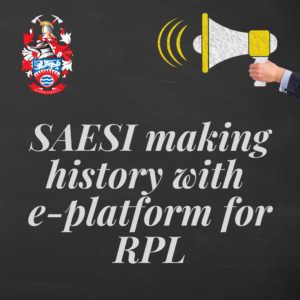 Today SAESI has made history again. The NQF 4 Occupational Certificate Fire Fighter can from today be accessed through the RPL (Recognition of Prior Learning)
Today SAESI has made history again. The NQF 4 Occupational Certificate Fire Fighter can from today be accessed through the RPL (Recognition of Prior Learning)
